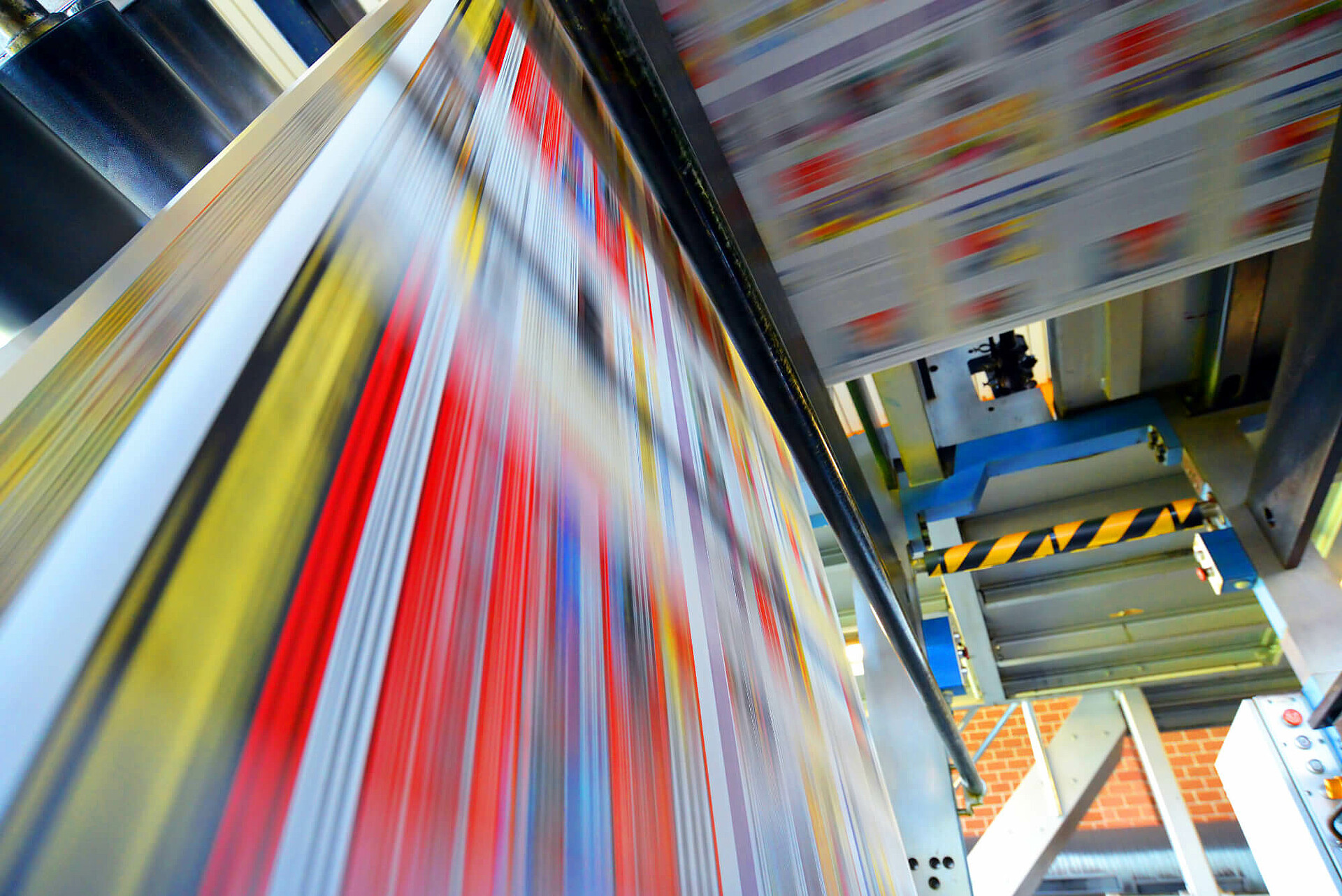
Location promotion
The eighth annual Strategy Dialogue Automotive Industry Baden-Württemberg (SDA BW) dedicated itself to the current challenges the industry is facing and the effects of the political situation in Germany and the USA.
On Wednesday, November 13th 2024, the eighth annual Strategy Dialogue Automotive Industry Baden-Württemberg (SDA) took place in Karlsruhe. The main topic was the current challenging situation in the automotive industry and the effects of the political situation in Germany and the USA. In this context, Minister President Winfried Kretschmann called for decisive steps to be taken to ensure that Baden-Württemberg as an automotive centre can position itself for the future with internationally competitive framework conditions. ‘Last week was a turning point that will also have an impact on the automotive industry. [...] One thing is clear: Baden-Württemberg must remain an automotive centre in the future, with convincing products and secure jobs. In addition to stable political conditions, economic reforms are therefore needed. Among other things, this includes considerable investment in the competitiveness of the location, framework conditions that are internationally competitive and innovation-friendly regulation at European Union (EU) level in order to achieve the goals that have been set,’ emphasised Minister President Winfried Kretschmann in Karlsruhe.
‘The transformation in the automotive industry is associated with deep and painful adjustment processes,’ said Dr Nicole Hoffmeister-Kraut, Minister for Economic Affairs, Labour and Tourism. ‘Companies have recently repeatedly announced substantial job cuts. The ramp-up of electric mobility is also not going according to plan. It is now crucial to secure the value-added share of Baden-Württemberg locations and to ensure that companies remain committed to Baden-Württemberg as a location for future investments. To put it bluntly: everything is at stake now. It's about Baden-Württemberg as a business location, about value creation, about the ability to reform, about our prosperity.’
A joint declaration (Letter of Intent) was signed at the event in order to strengthen cooperation in the Baden-Württemberg automotive industry in the use of Free and Open-Source-Software (FOSS). ‘Software is becoming the driving force behind the modern car - and this is exactly where we come in: Our aim is to make small and medium-sized companies in particular fit for this change,’ emphasised Minister of Transport Winfried Hermann. ‘By funding a central contact point at e-mobil BW and providing special advisory services, we are supporting the industry in a targeted manner in order to work with open source software in a legally compliant and future-proof manner. With the agreement to promote Open-Source-Software, we are creating concrete locational advantages for the automotive industry in Baden-Württemberg. The Ministry of Transport is thus providing forward-looking impetus for innovation and competitiveness in the automotive state of Baden-Württemberg.’
In addition to Minister President Winfried Kretschmann, Lutz Meschke, Deputy Chairman of the Executive Board and Chief Financial and IT Officer of Porsche AG, Ola Källenius, CEO of Mercedes-Benz Group AG, Dr Stefan Hartung, Chairman of the Board of Management of Robert Bosch GmbH, Christian O. Erbe, President of the Baden-Württemberg Chamber of Industry and Commerce, and Prof Dr Thomas Hirth from the Karlsruhe Institute of Technology (KIT) also signed the Letter of Intent. With the growing proportion of software in vehicles, Free- and Open-Source-Software is becoming increasingly important in international competition. This also gives companies the opportunity to save costs through standards and to learn from each other. The Letter of Intent is intended to give rise to ‘The FOSS LÄND Community’, in which small and medium-sized enterprises in particular can experience the advantages of Free- and Open-Source-Software.
At the annual SDA event, Minister President Kretschmann called on the EU to allow more flexibility in the fleet limits that regulate the CO₂ emissions of new vehicles. The so-called fleet limits regulate how much climate-damaging carbon dioxide (CO2) vehicles may emit in future. ‘The EU should effectively bring forward the review of the limits by one year so that clarity can be created quickly. [...] It is unacceptable for the EU to set requirements for products for which the necessary infrastructure is then lacking. Baden-Württemberg has done its homework here,’ said the Minister President.
Germany, France and the Netherlands currently account for 60 per cent of the public charging infrastructure for cars in the EU. In order to accelerate electromobility, the charging and H₂ infrastructure must be massively expanded throughout the EU. Kretschmann emphasised the need for innovation-friendly regulation that supports climate targets and the competitiveness of the automotive industry. Baden-Württemberg is a national leader in publicly accessible charging points and is planning further measures such as the expansion of the charging infrastructure for lorries. Baden-Württemberg is also leading the way in reducing bureaucracy and will, for example, be the first federal state to abolish planning permission for transformers for charging stations - both for private and commercial installations. Over the last ten years, the state has invested almost 25 billion euros in future technologies, including battery technology, artificial intelligence and greentech.
Source: Baden-Württemberg Ministry of State